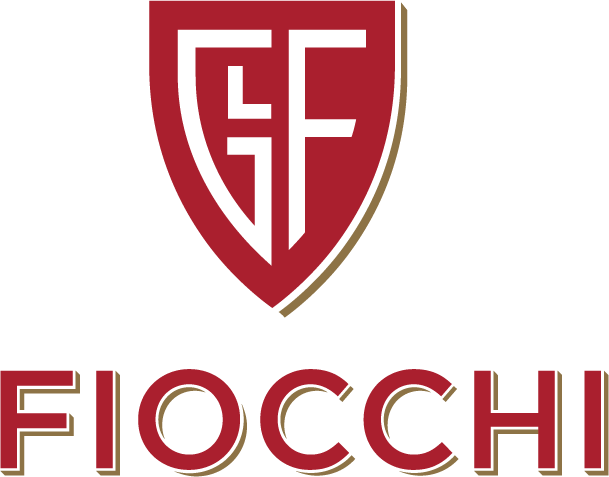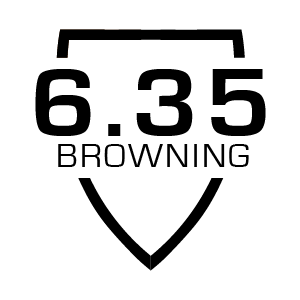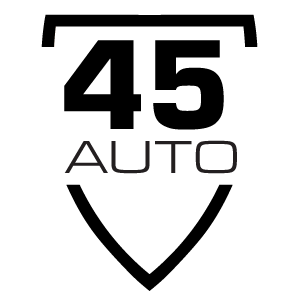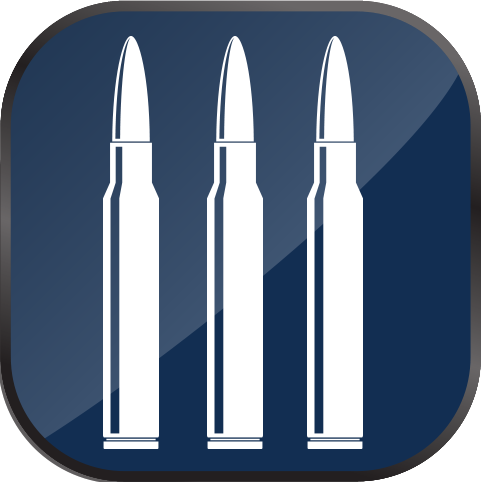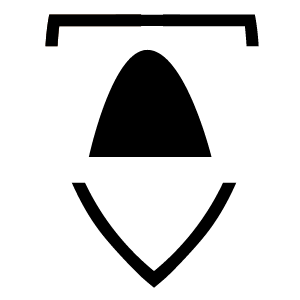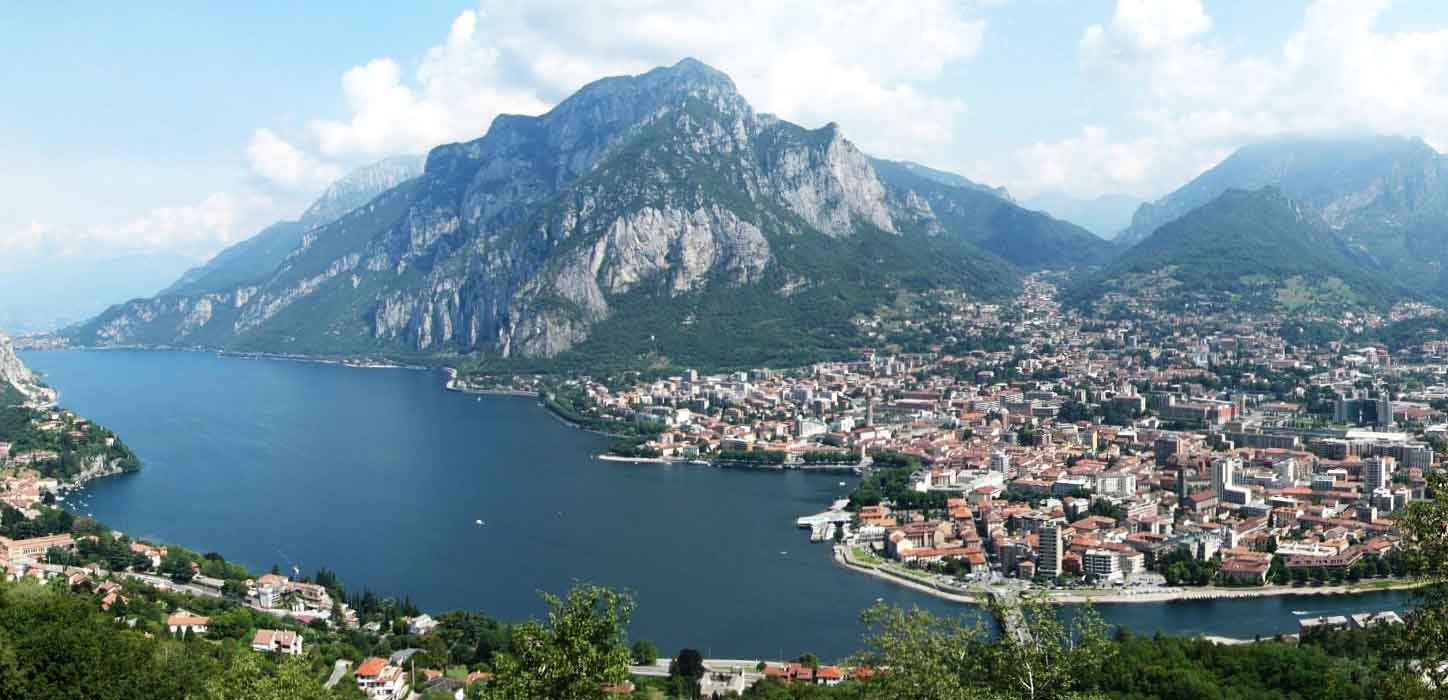In the early 1800s Fiocchi family ancestors lived around Bologna, a thriving commercial and industrial center. Two of the men followed Napoleon’s army in his Italian campaign and took up residence in Milan. One of them, Giulio Fiocchi, became a bank manager and was fatefully assigned to oversee a loan made to a manufacturer of black powder and muskets in Lecco, a small city northeast of Milan located at the southern tip of the eastern prong of Lake Como. Suffering hard times after the war, the arms manufacturer defaulted on the loan.
Over a Century of Family Tradition & Excellence
In 1876 Giulio was instructed to visit the arms facility and extract whatever funds could be negotiated. On horseback, Giulio rode to the gorgeous city, investigated and concluded the borrower was insolvent and that any repayment was unlikely.
Giulio persuaded his Milan bank to loan them the money to buy the defaulting arms manufacturer. They ceased musket production and in 1877 hunting and sporting ammunition production began under the name Giulio Fiocchi Enterprise.
In 1904 Giulio Fiocchi built houses in Lecco for the workers and paid them sufficient wages to enable them to afford a decent living and to buy the houses if they desired. Fiocchi hired women and built a school and a nursery for the workers’ children, which still are in operation. These enterprises were all funded by the Fiocchi family, resulting in worker loyalty so strong that presently many third and fourth generation workers are at the firm.
Fiocchi became a principal supplier of ammunition to the Italian army during WWI. Giulio, who fathered thirteen children, died in 1916 and bequeathed the company to son Carlo. Although Italy endured difficult times after WWI during its reconstruction, Fiocchi flourished.
Shortly after the commencement of WWII, the Fiocchi factory was seized by the Nazi Wermacht. As defeat became imminent, the Nazis attempted to destroy the plant to keep it out of Allied control. Fiocchi workers thwarted the Nazi effort but their accomplishment was somewhat pyrrhic in that British and American bombers almost totally destroyed the factories.
After the war, the seven Fiocchi brothers faced a stark choice: go their separate ways or rebuild the factories. They decided to rebuild. Assisted by their workforce of about fifteen hundred, the facilities were reconstructed in about one year, without any investment from the Marshall Plan.
The facilities were modernized with new equipment boasting superior design and technology, many designed by Fiocchi engineers tailored specifically for manufacturing modern ammunition. Fiocchi thus gained an edge over other ammunition manufacturers in the 1950s and ’60s.
In partnership with Smith & Wesson, the Fiocchi family had a factory in Alton, Illinois in the 1950s. Diverging company interests caused Fiocchi to sell its share to S & W and withdraw from the American market.
Pino Fiocchi had been president of Fiocchi Munizioni for over twenty years commencing in the 1960’s.
Great grandson Carlo Fiocchi joined the family business in 1980 at the age of 24 and worked as a product manager in charge of the English speaking market, his assignment no doubt influenced by the fact that his grandmother was British. His responsibilities included overseeing its meager exports to the United States.
Fiocchi has always been a resourceful company, which may be because of Guilio’s financial background. Initially, the factory threw away its scrap metal. It was suggested that rather than throwing it away, they could use it for another purpose. The company began to produce metal snaps, saving its money. The fashion industry had made the use of snaps popular, so making the closures was short of genius. Fiocchi sold that part of the business in the 1980s for a large profit.
The fourth generation of Fiocchi’s now operate the company and it is stronger than ever.

 IT
IT